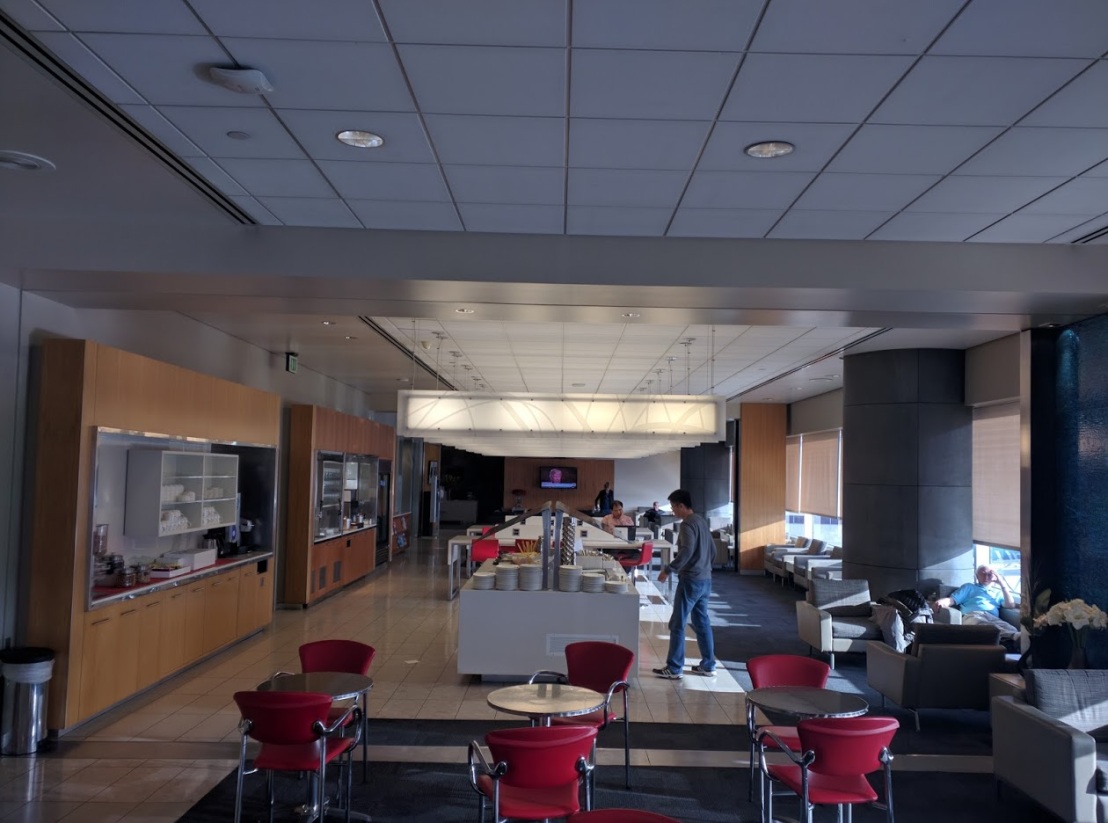All of us have probably been cheated out of some money by a merchant at some point or another (if not, consider yourself very very lucky).
The next step is often arguing with them, either in person, over the phone, or online. If you’re lucky (and/or they care more about your repeat business than a small amount of money), maybe you get your money back. But as is sometimes the case with larger, more indifferent corporations, they may just put you through endless customer service loops (and/or just say “No”).
Unfortunately, this is where many people tend to stop the process, cut their losses, and move on. But if you paid for the transaction with a credit card (or even debit card), it doesn’t need to stop here (which is yet another reason to never pay for anything in cash if you don’t have to).
When you make a credit card or debit card transaction, you’re not actually paying the merchant, rather, you’re paying the credit card company, who takes a cut out of the payment, as does the payment organization (Visa/Mastercard/AMEX/Discover), which transfers the money to the bank of the merchant (the processor also takes a cut, as it allows the merchant to accept credit cards).
All major credit card companies will allow you to dispute a charge if you feel that you have unfairly been charged for something. In this case, they will usually ask you a series of questions about why you’re disputing the charge, then temporarily remove the charge from your statement so that you’re not responsible for it, and begin their investigation.
During the investigation, they will reach out to the merchant to get the merchant’s side of the story. If the merchant doesn’t answer within a certain amount of time (usually 2-4) weeks, then you will automatically be ruled in favor of and have the money refunded back to you. More often though, the merchant will respond and it will then be up to the credit card company to decide. During this process, you may receive a call for them asking for additional information and/or further documentation. The more documentation you can provide, the better! Note that before you file a dispute, you must make an attempt to resolve it with the merchant first. If you do not, they will reject it and tell you to first try that.
In the end, you hope the company rules in favor of you, though there have been situations where I have contested the original decision and won.
So far, I have never lost a dispute, but part of that is also being rational about what I dispute and what I don’t dispute. For one, any attempts to try and game the system to get something for free will not only be rejected, but probably hurt your relationship with your credit card company and the merchant (if applicable), reducing the amount of effort they put into future requests. For example, you can’t buy a $1,000 airline ticket then dispute that based on the fact that you didn’t realize how expensive it was. You also can’t dispute a restaurant bill saying that you didn’t like the food.
So what kind of things have I used it for?
-A rental car company added on a charge that wasn’t part of the contract I signed.
-I returned merchandise (within the stated terms) but never received a credit for it.
-The third-party software I use to book work travel added on an extra fee to book my reservation.
-FedEx delivered my package a week later than they said they would (in this case, it’s likely that had I actually gotten through to someone at FedEx they would have handled it internally, but their online dispute system was down and I never got off hold).
-I paid for a tour in advance and then was charged again for certain items once I arrived on the tour.
I think you get the picture.
Inequal advocacy
Unfortunately, your chances of winning the dispute are not only based on the merit of your claim, but also the quality of the disputers at your credit card company. I have by far found American Express to be the best at disputing claims (both for their easy method of filing one online, and their quick resolution, always in my favor). As a result, whenever I’m dealing with a merchant whom I may be suspicious of, I’ll try to pay with an American Express card so that I’m covered in case something happens.
Chase and Citi also allow for online filing of disputes, but tend to be a little slower. Barclaycard unfortunately requires you to call in order to file a dispute, which is super frustrating.
Generally though, as long as your claim has merit, you should come out with your money back; it just may take a little while depending on who’s disputing your claim.
Feel free to post any good dispute stories in the comments!





